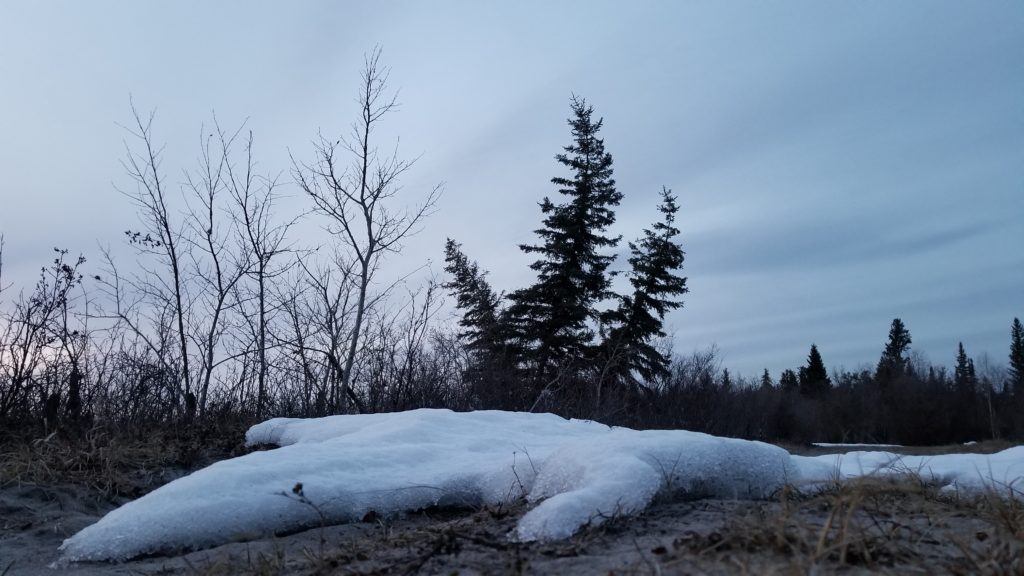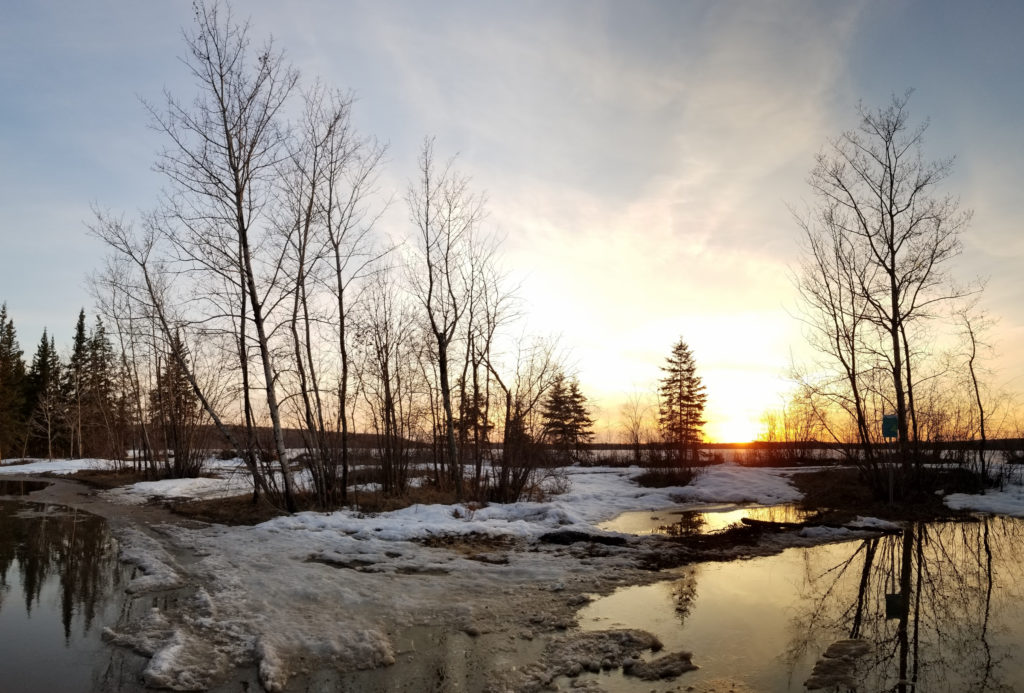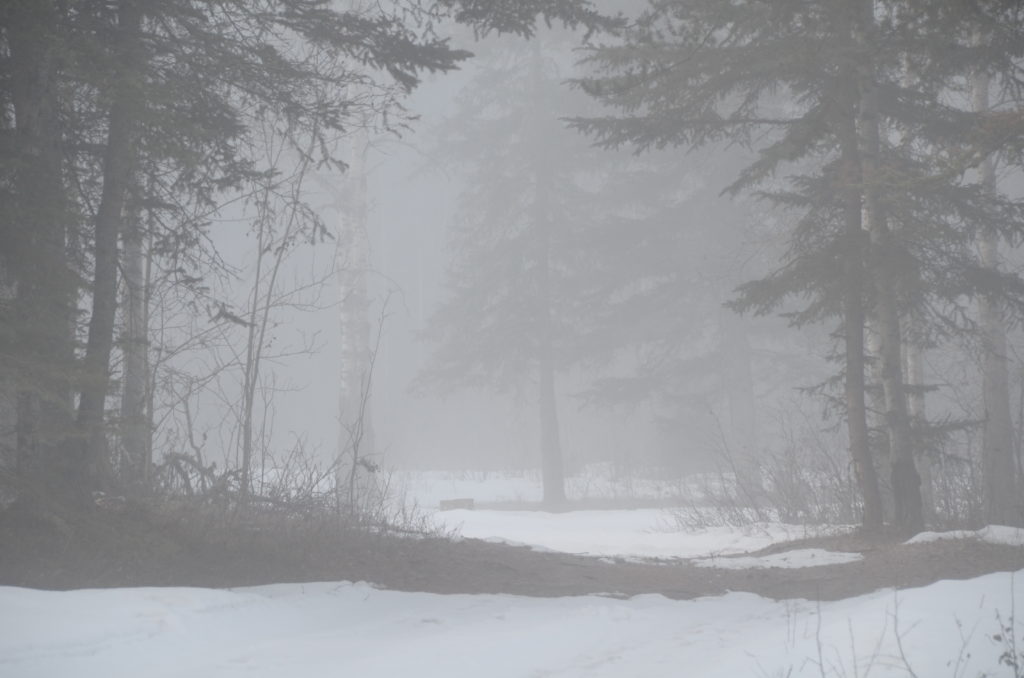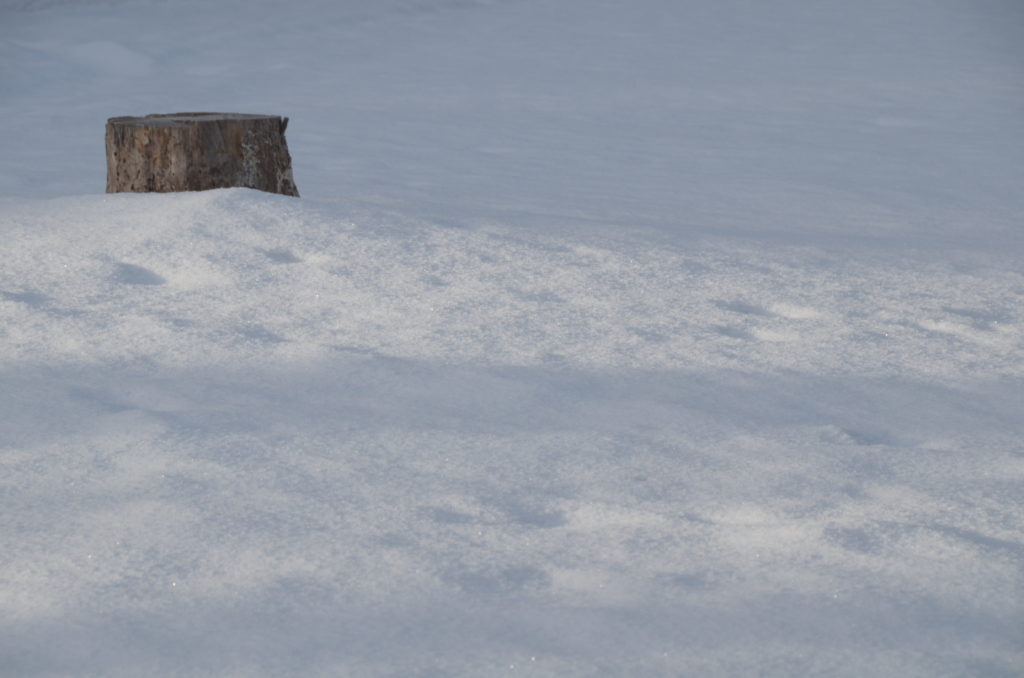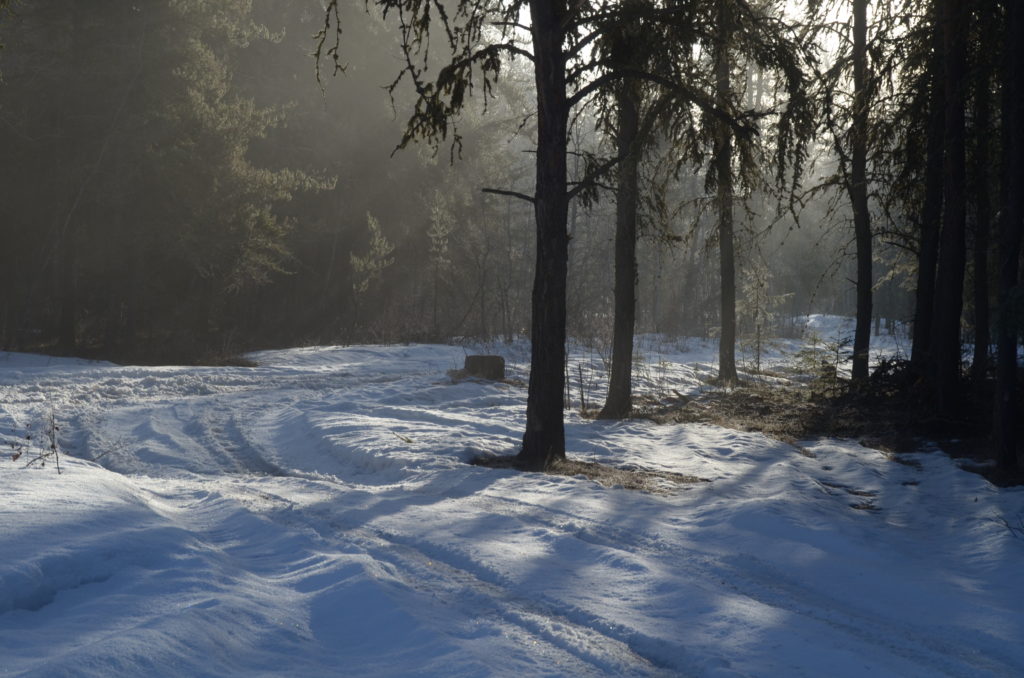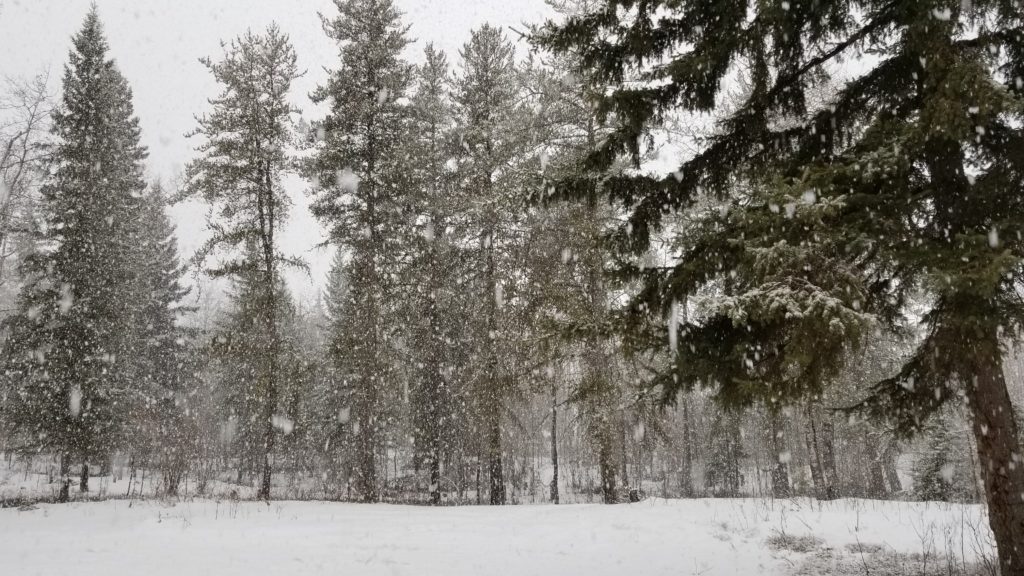Changing Our Plans
God Changes Our Plans
God’s Plans are Larger Than Ours
Tonight’s Theme
Our continuing theme for this Lent is from Isaiah 58, that we hold a fast acceptable to God, one that brings justice, freedom, food, and homes to those in need.
That combines with the weekly theme, always having to do with change, and tonight specifically we look at Changing Plans.
Lessons
Psalm 2
Isaiah 52:13-15
Mark 10:32-34
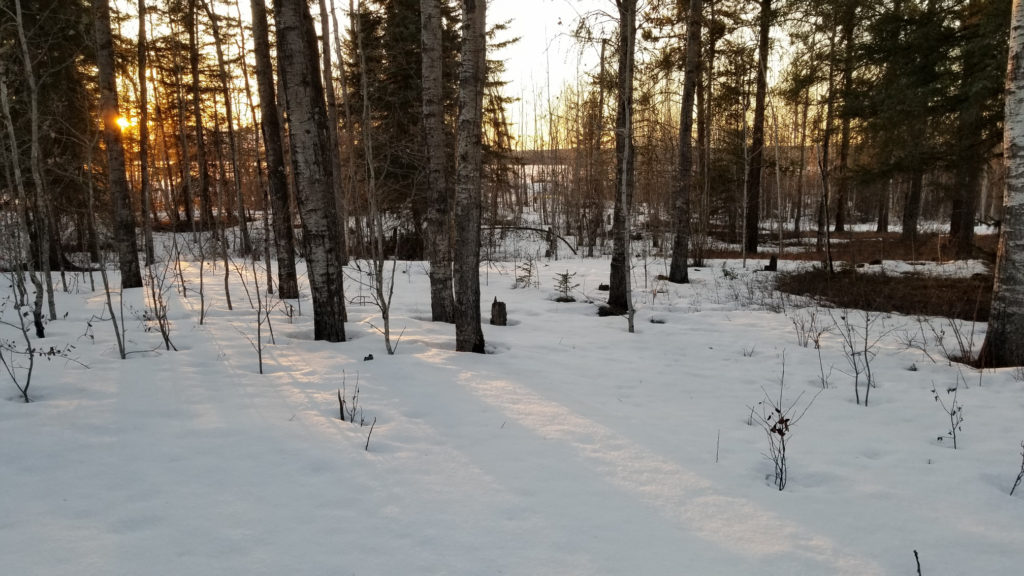
Plans of Mice and [Wo]Men
We all have had plans. But God’s plans for us are larger. How many of us have planned our next steps as children moved out for jobs, university, trade school or full-time employment and even marriage. Then they rebound back home to recover before leaving again to make their way in today’s fast changing world.
The Lessons: God ‘Changes’ Plans OT vs NT God
Tonight’s readings seem to reflect an old tradition that God approached humans one way in Old Testament times. Then God changed his plans with Jesus.
In Psalm 2 God observes the nations conspiring against God and God’s anointed. God laughs at them and speaks to them with fury terrifying them, before warning them to serve the Lord in trembling submission or else God’s wrath will be quickly kindled against them and they will perish.
In comparison listen to the Gospel from Mark where God’s own people condemn the only Son of God to death. Then they hand him over to others who mock, spit on, flog and kill him.
The roles are reversed: God bears the fury and wrath of the people and in the end God perishes. It is as if instead of demanding obedience God finally figured out that humans could never stop sinning so God decided to bear the whole cost of forgiving their sins. Thereafter God asks, calls, entices, and inspires the people to do what is right and needs to be done.
Jesus reveals to us the heart of God
We know that Jesus came to teach, cure and care for people, and to die on the cross as the last sacrifice or scapegoat required. The cross on God’s heart becomes so undeniably visible with Jesus’ death and resurrection that we can only be astounded.
Even though we deserve nothing but death and void, God chooses to forgive our sins. God claims us as children, and we have the most meaningful work possible: to follow Jesus’ example of giving everything we are in order that others will have justice, freedom, food and homes.
Call to abundant life in response to Jesus
Our sacrifice may even hurt, yet this is what God created us to be and to do. This is God’s larger plan for us all so that we have life abundant. Abundant life has very little to do with abundant wealth, property, possessions, power and influence over others, or self-serving pleasures. Instead God calls us to sacrifice and to then celebrate God’s successes, when lost souls return to God. At times that is each of us.
We see more of God’s plan, God remains the same
The tradition that I accept is that God does not change God’s plan or approach to humans. Rather God was marked by the cross since the beginning of time as is witnessed to also in the OT, for example in tonight’s reading from Isaiah concerning the suffering servant. What certainly does change, and markedly, is who we people think God is. What changes is how we understand more and more of God’s larger plan for us.
Stuck with the ‘OT’ idea of God
Still we so often get stuck thinking that God demands and we have to obey; that as we merit we get rewarded with God’s protection or we perish by God’s fury, and the next generation starts all over learning to obey God or else.
Our plans vs God’s larger plans
In this view of God’s world, we must take control making worthwhile plans for ourselves. We plan for a great house, or job, or spouse, or children, or activities in retirement. Some even succeed with our plans.
God always has larger plans for us.
More than 7 decades ago a farm boy, inspired by a missionary visiting at his church, decided to become a missionary doctor. He worked his way through college, through a tour with the army in Korea, through medical school and reported to the church for service.
The church eventually sent him to Africa. The man planned to spend his life there with his wife and children. But God’s plan for him was larger.
The man got sick, was forced to return home to a family practice. God had larger plans for him and the man ended up studying again to become a pathologist. He set up a business in the ever-changing world of medicine, brought in a partner to expand and improve their services. Still God’s plan for him was larger.
On it went with God always moving the man about, even to Antarctica in the winter when he was 70, until at the age of 75 with his back crumbling, a double heart by-pass, and needing both knees and a hip to be replaced the man was ready to rest and stay home. But God’s plan for him was larger. The church sought him out to return to Africa to rebuild a medical delivery system that had fallen apart mostly due to corruption. Now in his 90’s he still travels six months of every year raising funds and the other six months he oversees the building of a children’s hospital in Zinga, TZ.
Sometimes God’s plan sees that we need to be rescued from disaster. I heard from another pastor about Sarah, who went to college in the States. Sarah met Jim, through campus ministry. They made great plans. He planned to be a surgeon and she a nurse. They both wanted lots of children. God seemed to agree with their plans as they married and both were accepted into their respective majors.
But Jim was drafted for Vietnam. He served as a medic and came back in a wheelchair with one arm and unable to have children. All their plans were taken from Jim and Sarah.
I’m not sure that was God’s plan for them, but God was there for them. Then Jim died suddenly one night, a hidden complication from his injuries.
Sarah changed plans and became a family doctor. She married a farmer and they had three wonderful children, now grown up with families of their own. God had a large enough plan for Sarah.
Sometimes the Devil has his way with our lives, but always God’s plans are larger.
Surprise
If we’ve thought God is vengeful, demanding, wrathful, and the warrior protector of us, then we may be in for a great surprise.
The CIA regime control
To protect US interests around the world the CIA often provided wet work and weapons to bring to and keep in power tyrannical dictators who do the US’s bidding and keep their people in line. It is a devil’s plan, in response to which God often brings in a larger plan.
CAI vs CIA
In Three Cups of Teaand Stones into Schools Greg Mortenson tells the story of the Central Asia Institute, the CAI, not to be confused with the CIA.
Mortenson’s project was born of a plan to change the world toward peace through providing schools and schooling to girls in Afghanistan and Pakistan. The girls, who would likely become mothers, would then educate their daughters and their sons. We know education is the most crucial piece to help the poorest in the world make life better for themselves.
The Central Asia Institute was hardly perfect because Mortenson, raised in Tanzania, was unpredictable and spontaneous. He rarely operated on a clock or even a calendar. Still the CAI was an effective project that made a real difference in a real way: by sacrifice and through real education.
The idea of education for young girls was picked up by the CIA as a model for diffusing hostilities, to little effect. Hatred of the west runs deep.
Terrorists also adopted the plan, unfortunately with great success, destroying schools for girls and establishing madrassas for boys which taught hatred of the west, and trained them for terrorist attacks around the world.
In real life the devil has life destroying plans.
As we Grow, we see the appropriate fast for us
We grow and change. Our plans change as we grow. As we learn more of God’s larger plans for us, we can better be God’s agents of grace for the strangers, refugees, hungry, homeless, the oppressed, and all those suffering injustice. Yet often God’s large plans catch us off guard.
The challenge is to discern at this time a) what is God’s larger plan for us to bring life abundant to others, and b) what the devil is trying to do to our lives that takes life from us and others.
God is always there for us, no matter what plans we have, but God wants us to change our plans to better match Jesus’ model for our lives. Jesus’ model is about making the acceptable fast, the sacrifice so that others may have life abundant.
Amen
